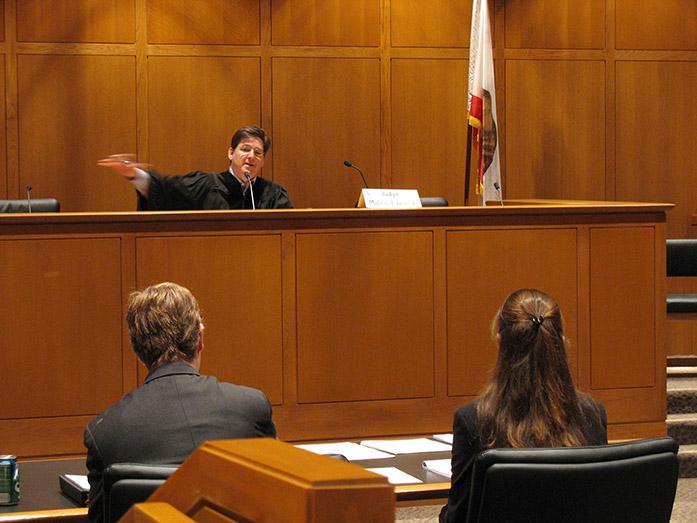Christopher Cervantes
[email protected]
There are several tired phrases that have to do with pain and forgiveness. One goes, “time heals all wounds.” While that may have some semblance of truth, that does not mean that forgiveness and justice can be achieved by the passage of time. It is when we are confronted by these truths that old wounds are opened.
Earlier this week, a 91-year-old German woman was charged as an accessory in more than 260,000 deaths in the infamous Auschwitz death camp. Under German privacy laws, the identity of the woman has been kept hidden from the various media outlets.
There are many factors in this story that leave many conflicted over the level of severity that is taken when sentencing the woman. She was a member of the Nazi Party and an officer in the military. However, her role was that of a radio operator. Additionally, she was 21 at the end of the war, a minor under then-German law. Her current age is also an issue, with some members of social media wondering if her health makes her fit to stand trial.
German officials have said the woman is fit enough to stand trial. Conversely, she will be tried as a minor given her age at the time of the crime. That is the entirety of the leniency that she should receive.
I am not an enemy of the elderly. I am an enemy of injustice, however. For the past several decades, Germany has only prosecuted the highest members of the Nazi Party. Under these guidelines, only roughly 100 Nazis have been convicted of war crimes. Lately, the German government has focused efforts to bring un-convicted war criminals to justice. This case has several similarities to that of Oskar Gröning, a 94-year-old who was sentenced to four years as an accessory to more than 300,000 counts of murder.
University of Iowa student Jacob Allman believes that special consideration should be given in the case of the unnamed woman. “No one is denying that Auschwitz was a horrible place full of horrible deeds. But this is 70 years later,” he said. “I think, if this woman has lived her life as a model citizen, if she has dissolved her affiliation with the Nazi Party, then her circumstances should be looked at closer.”
This is the underlying problem. In a situation such as this, which should take precedent: justice or forgiveness? Well, there is a reason that there is no statute of limitations in murder. It is because that it is seen as the worst of the worst. The woman may have had a life full of wonderful deeds, but that does not erase the cruelties and atrocities that took place at nightmare that was Auschwitz. She is being tried as a minor, and Gröning (a man with a higher body count) was given as little as four years for 300,000 deaths. The generosity shown to her is enough. It is necessary for justice to be carried out.









